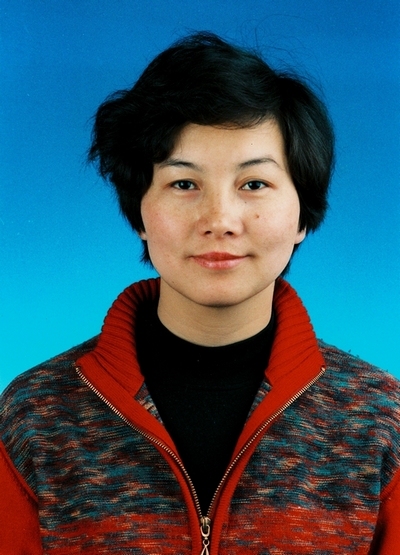|

|
Prof. Lu-Yan Ma (马旅雁)
The Institute of Microbiology, Chinese Academy of Sciences
Email: luyanma27@im.ac.cn |
Abstract: Bacterial motilities participate in biofilm development. However, it is unknown how/if bacterial motility affects formation of the biofilm matrix. Psl polysaccharide is a key biofilm matrix component of Pseudomonas aeruginosa. Here we report that Type IV pili (T4P)-mediated bacterial migration leads to the formation of a fiber-like Psl matrix. Deletion of T4P in wild type and flagella-deficient strains results in loss of the Psl-fibers and reduction of biofilm biomass in flow cell biofilms as well as pellicles at air-liquid interface. Bacteria lacking T4P-driven twitching motility including those that still express surface T4P are unable to form the Psl-fibers. Formation of a Psl-fiber matrix is critical for efficient biofilm formation, yet does not require flagella and polysaccharide Pel or alginate. The Psl-fibers are likely formed by Psl released from bacteria during T4P-mediated migration, a strategy similar to spider web formation. Starvation can couple Psl release and T4P-driven twitching motility. Furthermore, a radial-pattern Psl-fiber matrix is present in the middle of biofilms, a nutrient-deprived region. These imply a plausible model for how bacteria respond to nutrient-limited local environment to build a polysaccharide-fiber matrix by T4P-dependent bacterial migration strategy. This strategy may have general significance for bacterial survival in natural and clinical settings.
Date&Time: August 12, 2013 (Monday), 14:00 - 15:00
Location: 606 Conference Room


